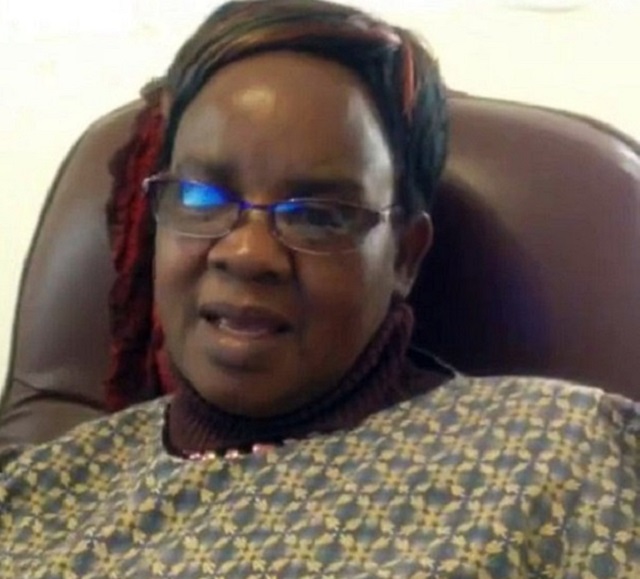RBZ says ballooning RTGS balances point to reduced lending

Oliver Kazunga, Senior Business Reporter
THE Reserve Bank of Zimbabwe says ballooning Real Time Gross Settlement (RTGS) account balances at banks are an indicator of lack of lending by mainstream financial institutions.
Responding to questions from the floor during the ZimTrade-Banks breakfast seminar in Bulawayo last Wednesday, RBZ financial markets division principal economist Mr Tapiwa Furusa said banks were taking despositors money to the central bank instead of using the money to advance loans to businesses.
Mr Furusa said the RBZ was working on boosting productivity but this was not being complemented by banks which were supposed to use the money desposited with them to provide loans to businesses.
“The central bank does not pay the banks interest for the money they deposit with it but they are happy to maintain it there forgetting that it’s you who produce for them to remain operative.
“They are not lending and when we say RTGS balances have gone up, it’s the accounts of these banks and it is these banks’ accounts that are holding huge balances at the Reserve Bank, which they are not lending to you (companies),” he said.
Given such a circumstance, Mr Furusa said RBZ was working on measures to take from the banks’ idle RTGS balances to create various lending facilities to ensure productivity in the economy.
The central bank recently came up with 14 facilities aimed at availing funding to different economic sectors and the money is being disbursed through selected banks.
The schemes include the $200 million export finance facility, women empowerment fund ($15 million), business linkage facility ($10 million), microfinance revolving facility of ($10 million), tourism support facility ($15 million), gold support facility ($150 million), cross border facility ($15 million), tobacco export finance facility ($70 million), horticulture facility ($10 million), youth empowerment fund ($10 million), soya beans facility ($21,51 million) and the $5 million facility for persons with disability.
Mr Furusa said the central bank was being forced to intervene because banks which were supposed to advance loans to businesses were not doing so.
“The banks’ core business is to take money from a surplus unit giving it to deficit unit for production purposes,” he said.—@okazunga











Comments